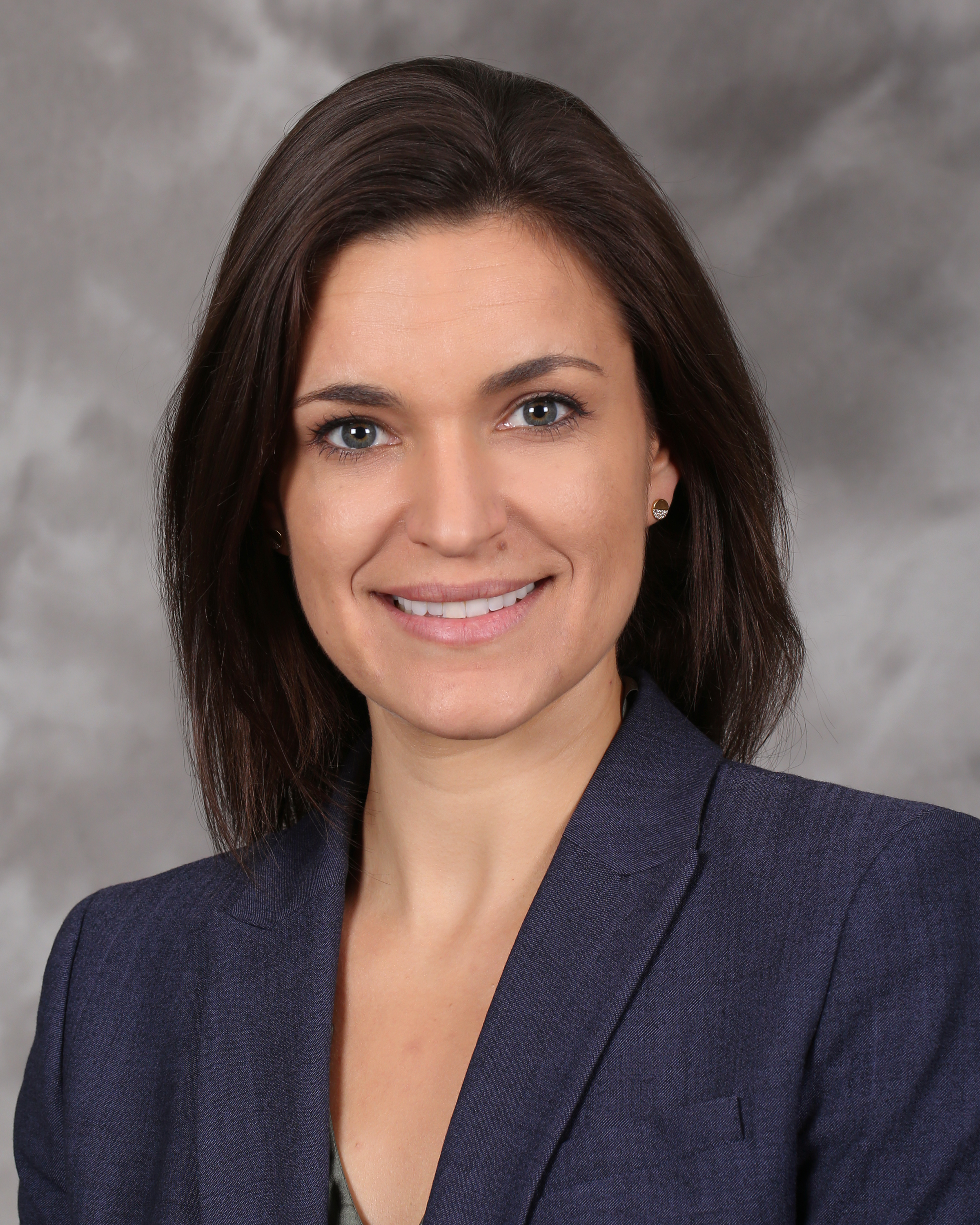Another step in cancer prevention is being aware of your family history. “You may be at increased risk for certain types of cancer based on the cancers that have occurred in your family, and may meet criteria to undergo genetic testing to look for hereditary mutations that predispose to cancer,” says Dr. Ballinger. Finding these mutations can arm you with information to take more preventative steps.
And finally, Dr. Ballinger recommends knowing your risk. “One size does not fit all when it comes to cancer screening. Based on your family history and your personal history, you might need more intensive screening than average for some types of cancer. In addition, medications are available to lower risk of some types of cancer. Ask your doctor,” she says.
A Focus on Breast, Colorectal, and Cervical Cancers
According to research from the CDC, screening for colorectal cancer and for female breast and cervical cancers can effectively reduce deaths from these cancers. Yet many preventive services, including cancer screening, remain underutilized in the United States. Dr. Ballinger underscores the importance of cancer screening: “While it can be scary to face a cancer screening, this is the first step in overcoming cancer if it is found. The bottom line is that cancer screening saves lives, and it is worth it.”
Learn more about American Cancer Society screening recommendations below:
- Breast cancer: Yearly mammograms for women of average risk of breast cancer can begin as early as age 40 and should begin by age 45. Women who have a high risk for breast cancer based on certain factors should get a breast MRI and a mammogram every year, typically starting at age 30. Men who are at high risk for breast cancer should discuss how to manage their risk with their doctor. Learn more about breast cancer symptoms and screening recommendations for women and men.
Read about the breast cancer journey of IU Fort Wayne’s Mary Jo Toenges.
- Colorectal cancer: People at average risk of colorectal cancer should start regular screening at age 45. However, people at increased or high risk of colorectal cancer might need to start colorectal cancer screening before age 45, be screened more often, and/or get specific tests. Learn about colorectal cancer symptoms and screening, and how to talk to your doctor about it.
Read about the colorectal cancer journey of IU Bloomington’s Melissa Williams. Watch the on-demand webinar, “Colorectal Cancer Prevention 101: Take Charge of Your Health.”
- Cervical cancer: Cervical cancer screening should begin at age 25. Those aged 25-65 should have a primary HPV test every 5 years. People who have been vaccinated against HPV should still follow these guidelines for their age groups. Learn more about cervical cancer symptoms and screening.
For general cancer prevention, treatment, and survivorship resources, including the stories of IU cancer survivors, visit the Healthy IU Cancer Risk Reduction & Resources page.
Healthy IU is Indiana University's workplace wellness program. For more information, visit healthy.iu.edu.


